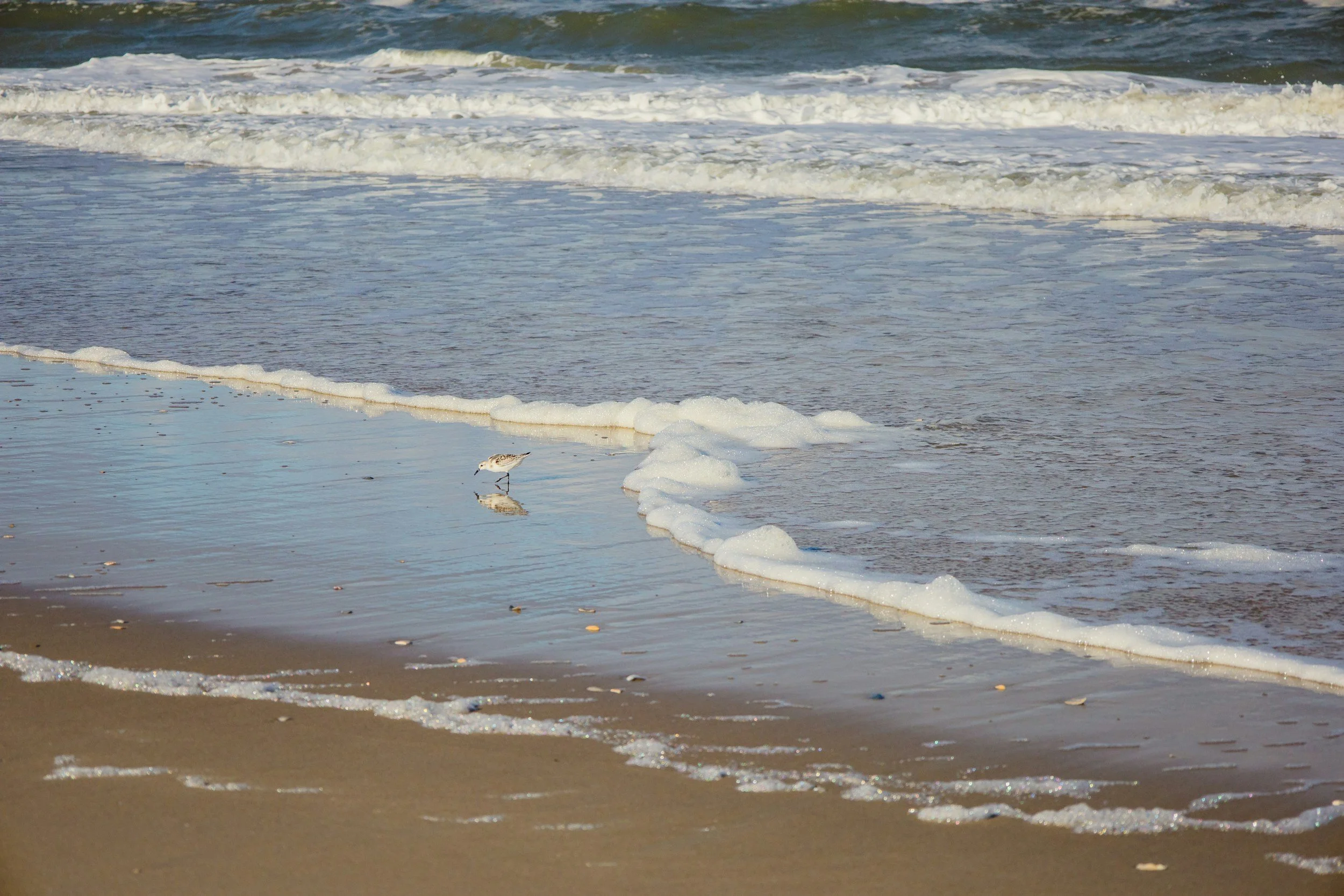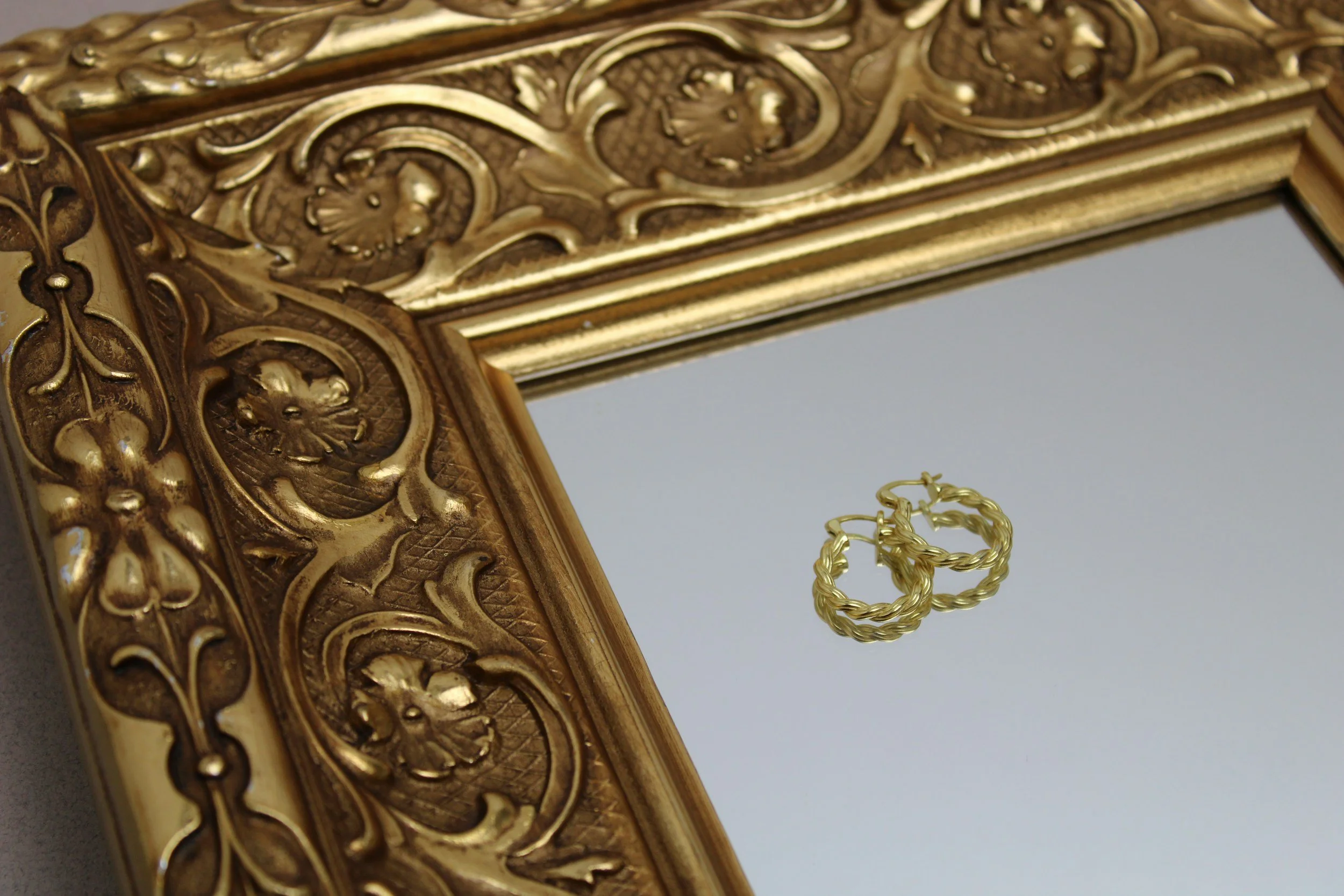Sabrina, Paris, and Me
I had no inklings, only longing. I wanted her to be a girl so much, I'd convinced myself of the crazy notion that if I didn't find out ahead of time, I'd get Sabrina. That would be her name.
If childbirth is any indication of the type of girl this was going to be, I was in trouble. Sabrina's birth hurt the way my twelfth grade high-school art teacher warned us it would. "Nobody tells you the truth," she'd said one day, bursting with recent natural-childbirth wisdom. "It's going to hurt like you are dying." Over a decade later, her words resonated with candor. This baby burst into our life, so unlike her brother's birth two years earlier, in three excruciating pushes. And then, I heard the doctor say it: "It's a girl! It's a girl! It's Sabrina!" My husband jumped around the delivery room confirming our joint wishes, and the pain evaporated, instantly giving way to inner peace—she'd arrived.
The number of times I cradled my squealing, colicky baby girl in the wee hours, rocking her to calm as I wiped away my own helpless, tired tears, I cannot say with accuracy. I remember the nights felt endless and the mornings exhausting. I never again felt the urge to have another baby.
If I had preconceived ideas of what it'd be like to have a girl, and I did, they involved pink stuff, butterflies, hair brushing, and quietness, Sabrina swept them away, altering expectations. There would be no molding her; there would be tears, there would be yelling, and there would be knots in curly hair. But in her own time, there would also be laughter, and there would be singing, and one day, she'd place a brush into my hands, and say, "Can you braid my hair?” One day, there would be trust.
Time flew. Sabrina turned fifteen last summer. To celebrate it, she had a singular request: "Let's go to Paris, mom, just the two of us." In anticipation of this dreamy, girls-only trip, I watched her eyes twinkle with excitement as she'd pull out a dress or a blouse at a vintage store, "This would be perfect for Paris, right?" she'd say, holding it close to her chest.
At a cafe in Paris, I look at my daughter sitting across the table. On her teenage face, there are only remnants of the little girl, who often squirmed away because she didn't like to be held for long. Today she is a young woman. She wears a tight, off the shoulder top, black with uneven polka dots, and has on a simple, black choker. Her wavy, light brown hair, which she's cut recently to make it more "European," barely brushes the top of her shoulders; her nails which she once chewed, are neatly manicured. More a dragonfly, I think to myself, averting my eyes, overwhelmed.
She is the one that locks her arm in mine as we roam the winding Parisian streets, giddy with shared joy. She is the one moved to tears by the splendor of the Opera Garnier. She is the one who welcomes the drizzle over Trocadero as we wait for the Eiffel tower to light up. And on our last evening, as we cross the Pont Neuf stopping to hear the pretty melody of a troubadour by the Seine, she is the one that loses track of time. "Can we stay out longer?" she asks. And I, wishing the night would never end, say, "As long as you want."
-Adriana Añon
Adriana Añon is a Uruguayan writer and teacher. Having lived in Uruguay, Japan, Canada, Brazil and the U.S., has given her an early awareness and appreciation of different cultures, which she has always sought to share with her children. Among life's gifts, traveling with her daughter is one of her favorites.





















